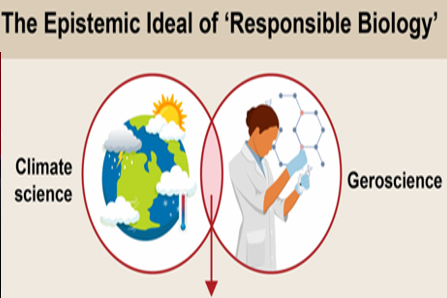End of Teaching Term
Yesterday was my last lecture of the term. Whew!
This term was a bit more onerous than usual. I taught my regular second year level introduction to political theory course to 275 students. But my final year "Science and Justice" course was "supersized", from its usual 22 students to 120 students!
I agreed to take on this additional challenge for a few reasons. Firstly, to help the department as the university struggles to navigate its financial woes. Secondly, I was curious to see how I could manage an interactive teaching environment for a large course. I opted for a high-tech interactive learning classroom. I did not want to teach the course as a lecture-based course, but instead was able to make it more of a hybrid experience.
The classroom was composed of 15 tables with 8 students on each. And every table had two screens which showed my laptop projection. The room was also equipped with audio and visual. So I could provide lecture material and videos, and then give the class group discussion and debate time to digest course material in a more Socratic fashion.
As it was my first time trying out such a room there were a few learning curves for me. But overall I found it an enjoyable experience. I was able to teach what I consider to be important content (the ethical and societal implications of the genetic revolution) to a much larger cohort of students, 6X as many students than in a typical year. But the additional administrative burdens of such a large course, coupled with the modifications to the class design each week, did consume more time than I would have liked.
I look forward to making some serious headway on research and writing over the next month. In the winter term I have another large lecture course, my third year theory course with 270 students. But my graduate level course will be a small seminar course for only a handful of students. That is my one and only class of the year that is not larger than 100 students. Even after 25 years of "professing" one must be prepared to pivot and try and learn new things. Higher education is an industry that is always in a state of perpetual flux, as new technologies, global developments, student needs, budgetary constrains etc. keep changing. While some of these changes are undesirable, as a whole I find the nature of this industry, even its adversity, helps me evolve my intellectual development and teaching skills. Higher education in the 21st century really requires "plasticity".
Cheers,
Colin






